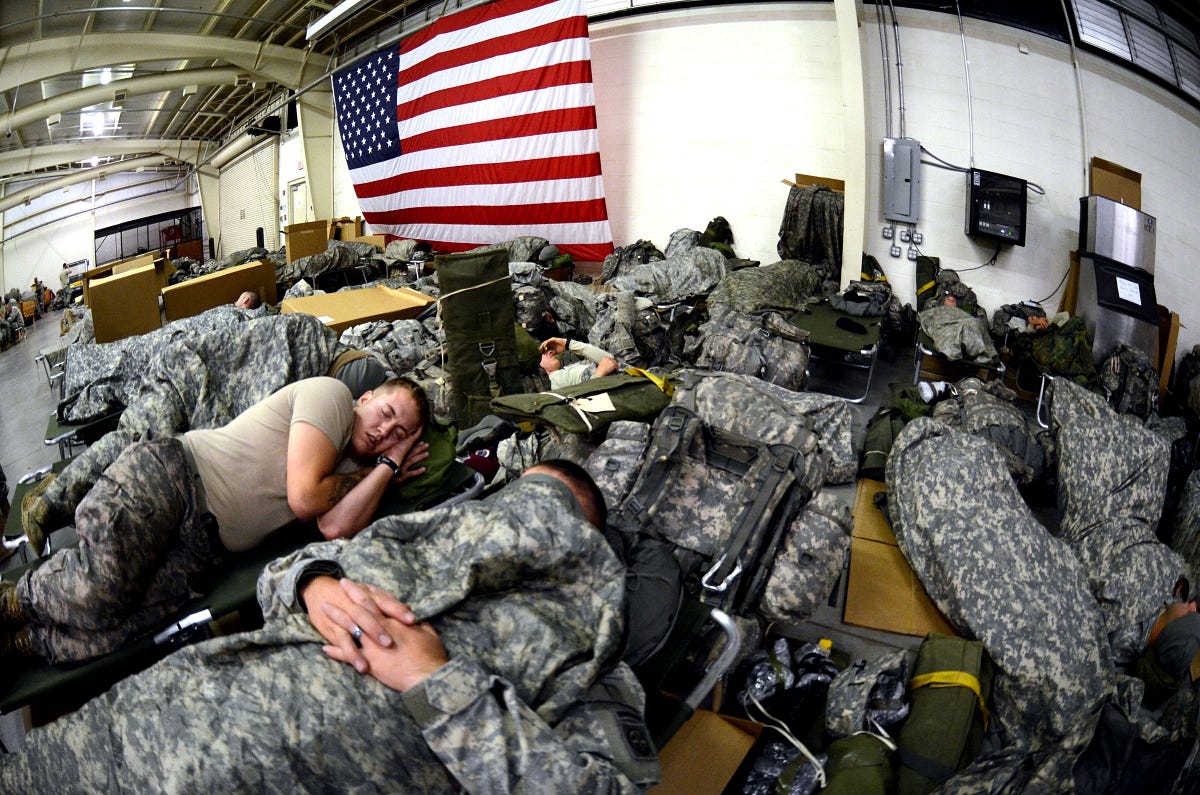By Stratfor
March 29, 2016

It's tempting to blame Syria for all the geopolitical intrigue that will characterize the second quarter of 2016. It is the scene of a protracted civil war, the source of Europe's migrant crisis and a major complication in Turkey's struggle with the Kurds. But in truth, Syria is merely a pawn in a larger game played by more powerful countries, each with its own designs in the Middle East.
Chief among them is Russia, which recently withdrew most of its troops from Syria. The military drawdown will not fundamentally alter the civil war, but it will certainly shape the political considerations of the countries invested in the conflict's outcome. Perhaps that was Moscow's intention all along. The Kremlin likely left, in part, to influence negotiations in Geneva and to extricate itself from a potentially long and costly military commitment. But it also left to try to shape Western perceptions of its actions in the Middle East, particularly before the Europeans decide in July whether they will lift their sanctions against Russia. (NATO members will also discuss plans to expand their presence on Russia's western flank.) Compelling the Europeans, however, will be easier said than done. Even the countries that are amenable to easing the economic pressure on Russia — Italy, Greece and Hungary, for example — would rather use the sanctions issue to bargain with Brussels for leniency on budget deficits, aid, bailout terms and bad bank deals.



















